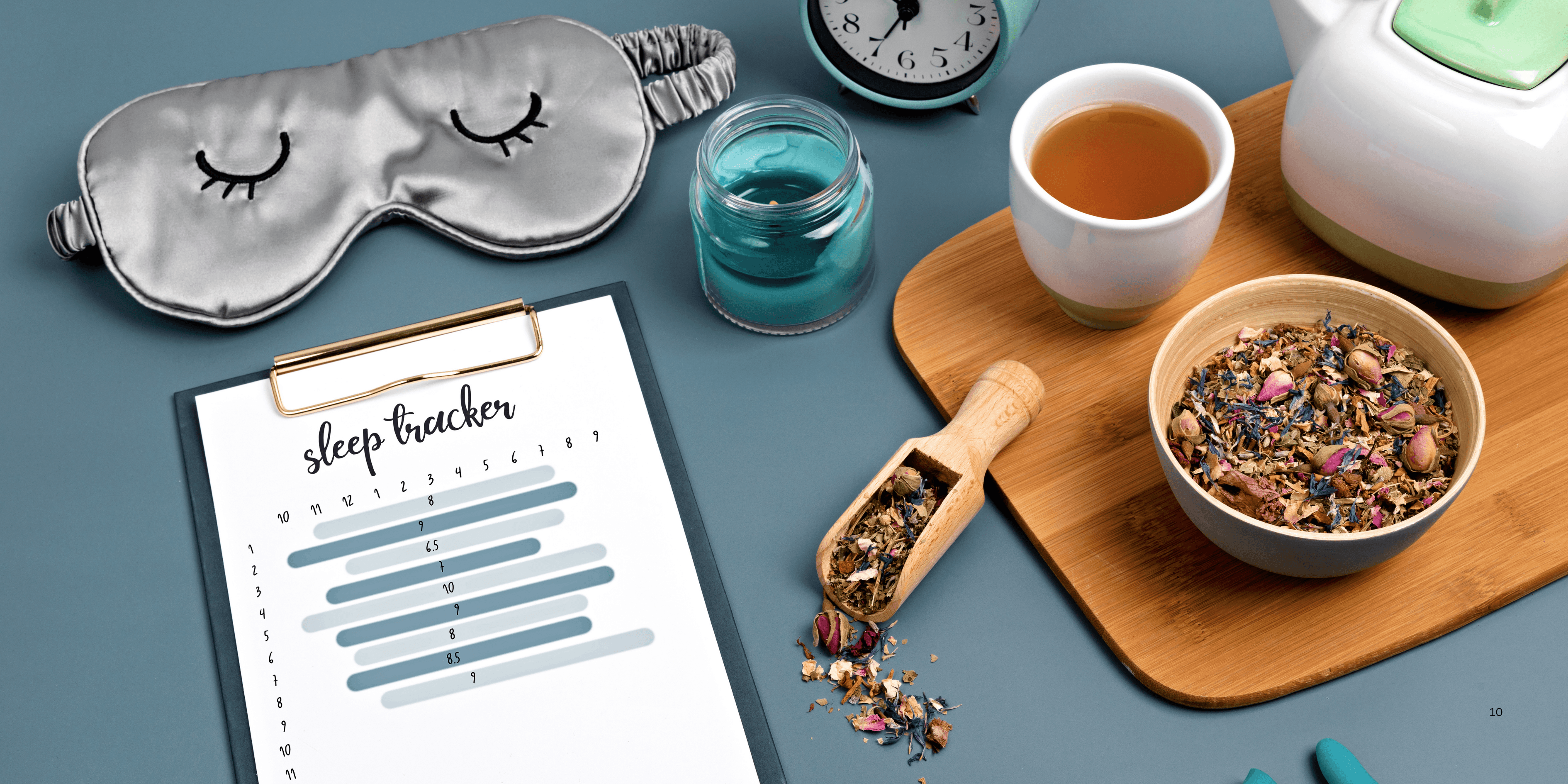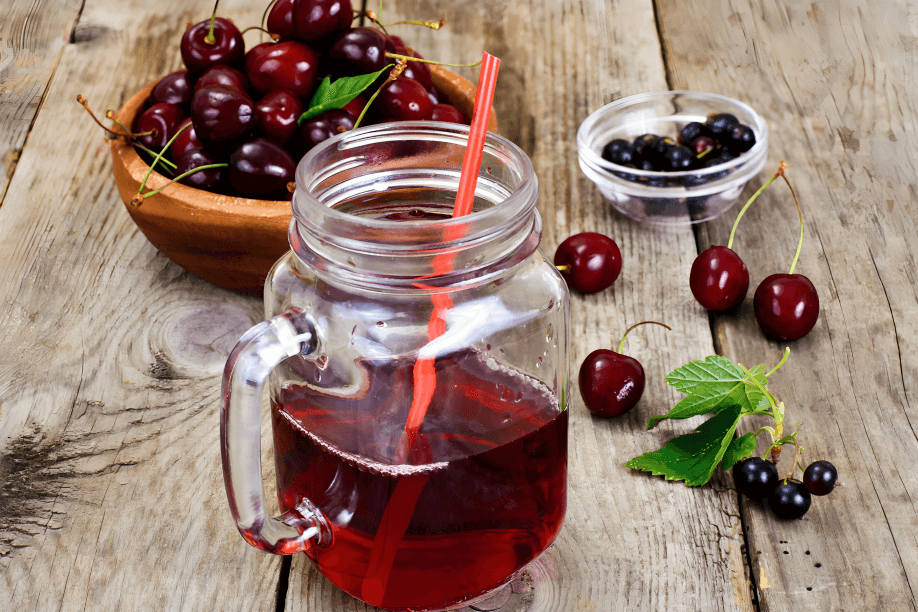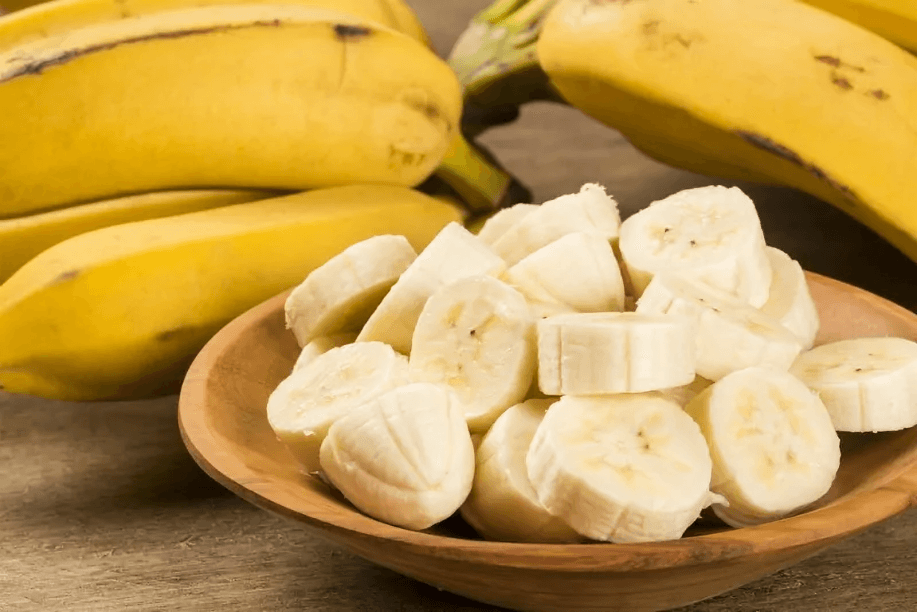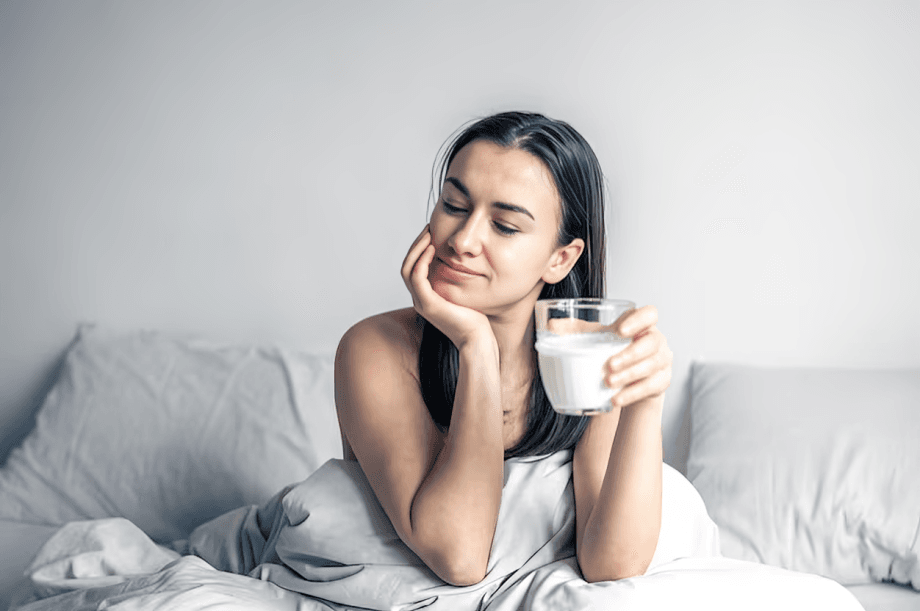
“
When it comes to achieving restful sleep, many people overlook the role of diet. Yet, foods and drinks that help or harm sleep play a vital role in the body’s ability to relax and repair overnight. What you consume in the hours leading up to bedtime can make the difference between tossing all night or sleeping peacefully. 1
”
Greek physician Hippocrates suggested that certain foods influenced rest. Research shows magnesium-rich almonds promote calm by regulating neurotransmitters that support better sleep and nighttime relaxation. 1
Caffeine in coffee, energy drinks, or even chocolate can delay your body’s internal clock. Its stimulant effect blocks adenosine, a chemical that promotes sleepiness, making it harder to fall asleep quickly. 2

Tart cherries contain natural melatonin, the hormone responsible for regulating your sleep-wake cycle. Drinking tart cherry juice has been shown to improve sleep duration and quality in some scientific sleep studies.
Spicy foods like hot peppers may trigger heartburn and discomfort, especially when consumed at night. This interrupts deep sleep phases and causes awakenings, leading to reduced overall sleep efficiency. 3
Complex carbohydrates such as oatmeal or whole-grain bread help trigger serotonin production. Serotonin is a precursor to melatonin, aiding a smoother transition from wakefulness to sleep. 4
Alcohol may initially cause drowsiness, but it interferes with REM sleep—the most restorative stage. Frequent nighttime drinking can lead to fragmented sleep and increased fatigue the following day. 5
Turkey is rich in tryptophan, an amino acid that supports serotonin and melatonin production. That’s why post-Thanksgiving naps feel unavoidable after a turkey meal—your brain receives sleep signals. 6
High-fat meals, particularly late at night, slow digestion and elevate core body temperature. These effects reduce deep sleep and increase tossing and turning, making rest less effective and refreshing. 7

Bananas are loaded with potassium and magnesium—minerals that help relax muscles and nerves. Eating a banana before bed may calm the body and ease the process of falling asleep naturally.
Herbal teas like chamomile and valerian root contain compounds that bind to brain receptors, triggering sedation. Regular consumption in the evening may ease anxiety and support a faster sleep onset. 8
Drinking too many fluids at night—like water or juice—can result in multiple bathroom trips. This disrupts sleep cycles, especially deep sleep, and can leave you feeling drained the next morning. 9
Kiwi is a natural sleep booster thanks to antioxidants and serotonin content. Eating one before bed has been associated with falling asleep faster and sleeping longer, especially in people with sleep issues. 10
Green tea is often praised for its benefits, but it contains caffeine unless decaffeinated. Drinking it late can reduce melatonin release and delay your ability to relax into deep sleep. 11
Whole grains support steady blood sugar and are high in B vitamins, which assist in producing tryptophan and serotonin. They create a calming effect that can ease the journey into restful slumber. 12
Ice cream might be comforting emotionally, but it’s high in sugar and fat. This combo can disrupt blood sugar regulation and trigger restless sleep, especially when eaten close to bedtime. 13

A small amount of warm milk contains tryptophan and can psychologically signal bedtime. This comforting ritual, often used in childhood, still works for many adults needing help winding down.
Nuts like walnuts contain melatonin and healthy fats that stabilize sleep hormones. Eating a few before bed may improve sleep onset and enhance your body’s ability to maintain steady rest. 14
Onions, when eaten raw or in large amounts, may cause digestive discomfort and bloating. This can disrupt sleep by triggering acid reflux or general unease while lying down.15
Dark chocolate contains caffeine and theobromine, both stimulants that may keep your brain active. While it's heart-healthy in moderation, it’s not ideal as a bedtime snack or dessert.16
German philosopher Immanuel Kant believed evening meals should be light to support clear thinking and rest. This aligns with today’s science—heavy meals close to bedtime disturb sleep efficiency.17


